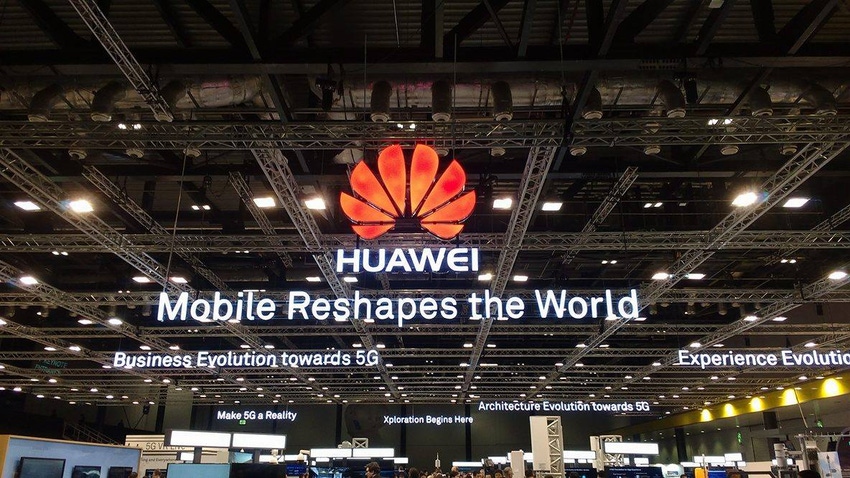GSMA set for crisis meeting at MWC over Huawei bans – report
GSMA Director General Mats Granryd has reportedly been writing to members to set up a meeting on the side-lines of Mobile World Congress to discuss what to do about further Huawei bans.
February 5, 2019

GSMA Director General Mats Granryd has reportedly been writing to members to set up a meeting on the side-lines of Mobile World Congress to discuss what to do about further Huawei bans.
Huawei might be facing pressure from governments around the world, but if reports turn out to be true, diminished support from the operator industry’s own lobby group would be a significant dent in the confidence of the vendor. As Huawei is one of the firms which contribute financially to GSMA events with astronomically large stands and branding presence, it certainly would be a brave move from the association.
According to Reuters, Granryd has proposed the implications of further Huawei bans should be discussed as an item on the agenda at the next board meeting. The meeting will take place during Mobile World Congress in Barcelona at the end of the month.
The GSMA has been evasive in its response to the claims, confirming there will be a board meeting (there always is), though the agenda has not been set. The meeting will of course discuss all the most pressing points in the telco industry, of which the Huawei situation has to be one, but there is no confirmation of specifics.
That said, it would not be unusual for such a discussion to take place. The GSMA board is made up of representatives from 25 of the worlds largest operators, the majority of which must be twitchy about the relationship between Huawei and the Chinese government. The US, Japan and Australia have already banned Huawei from contributing to 5G infrastructure, while more are putting very stringent conditions around participation.
Germany is one which is considering upping the security requirements to protect itself, however, Chinese companies which meet the criteria would still be allowed to do business. However, these protections might well be superseded by broader sweeping rules from the European Commission banning any companies from ‘suspect’ countries from providing kit for critical infrastructure.
Another Reuters report quotes German leader Angela Merkel as calling for guarantees from Huawei that it won’t hand over data to the Chinese state. Everything about Huawei will make executives nervous at the moment. To make such vast investments the telcos need certainty and consistency with policies and regulations. Huawei is the polar opposite of these concepts.
The focal point of the anxiety is the National Intelligence Law, which kicked into effect during July 2017. The law gives Chinese intelligence agency an extraordinarily wide remit to monitor both domestic and international ‘threats’, as well as the power to coerce domestic Chinese companies to aide its ambitions.
Here are a couple of the relevant articles from the original text passed into law:
Article 12: National intelligence work institutions may, according to relevant state regulations, establish cooperative relationships with relevant individuals and organizations, and commission them to carry out related work.
Article 14: National intelligence work institutions, when carrying out intelligence work according to laws, may ask relevant institutions, organizations and citizens to provide necessary support, assistance and cooperation.
For such a complex and powerful document, the language and remit are worryingly broad and vague. The law itself only has 32 articles, compared to hundreds of articles and even more clauses of immensely precise text in other countries.
Considering the GSMA named Huawei as the winner of the associations ‘Outstanding Contribution to the Mobile Industry Award’ for 2018, everything that has taken place since the last event puts it in a difficult position. If the GSMA decides on a general policy of distancing its members from Huawei in anticipation of further bans, that would be a significant further blow to the Chinese vendor.
About the Author(s)
You May Also Like








.png?width=300&auto=webp&quality=80&disable=upscale)


_1.jpg?width=300&auto=webp&quality=80&disable=upscale)


.png?width=800&auto=webp&quality=80&disable=upscale)